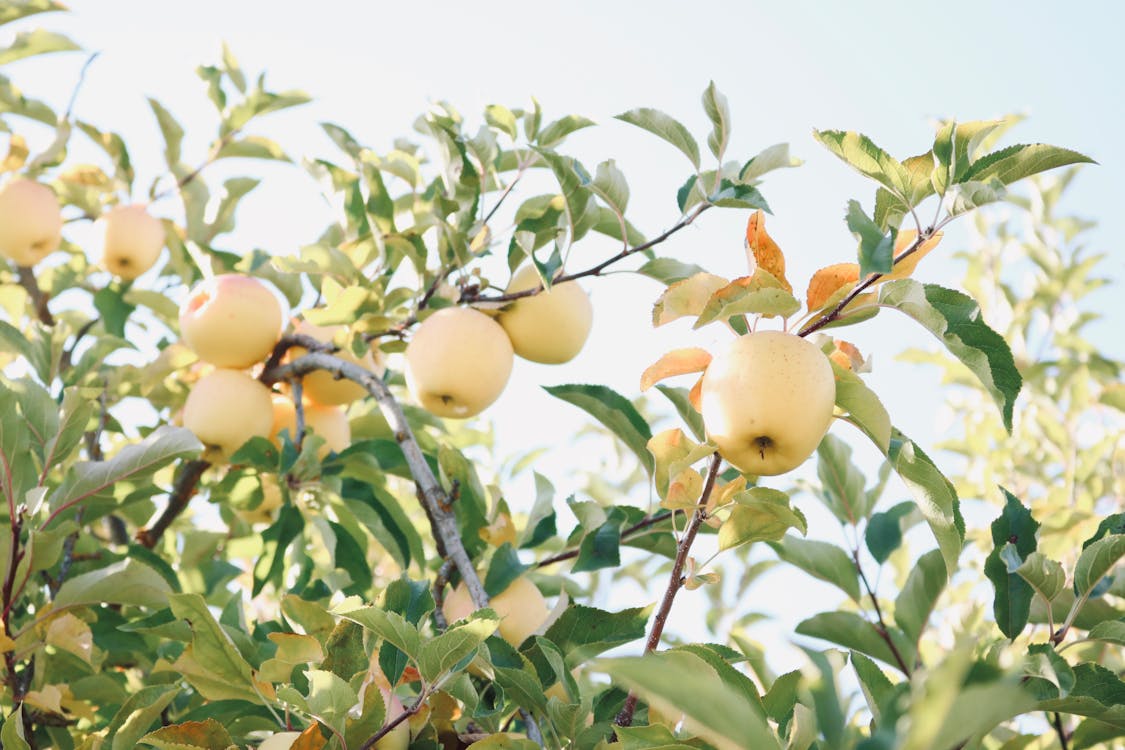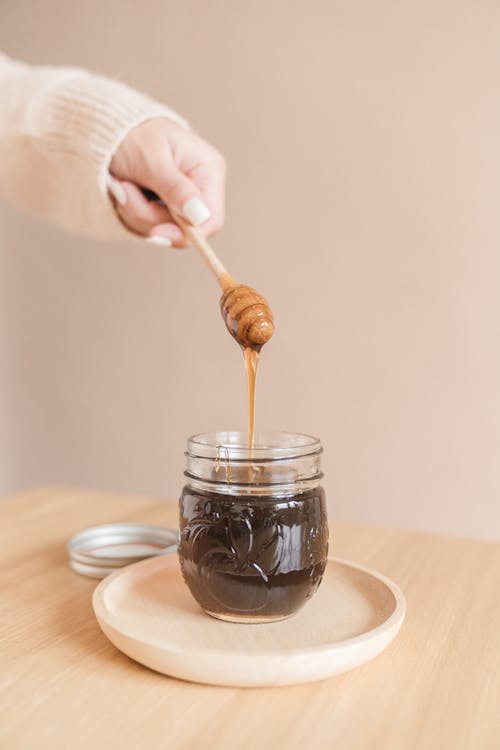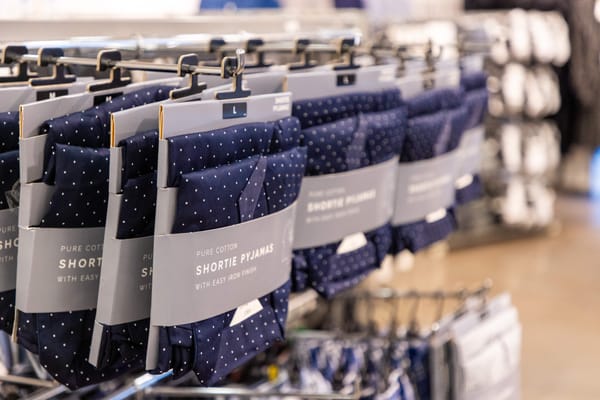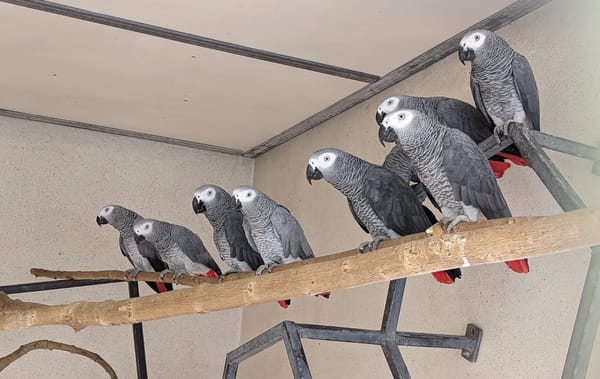Buzzing for a Better Tomorrow: Simple Ways to Help Save Our Bees!

By Jill Dando News
Bees are crucial to our environment, playing a vital role in pollination, which helps produce one in every three bites of food we eat.
They pollinate many of the fruits, vegetables, and flowers that are essential to our ecosystems and food supply. Unfortunately, bee populations have been declining in recent years due to habitat loss, pesticide use, and climate change.

Here's how we can help protect these vital creatures and ensure their survival.
Why Bees Are Important
Bees are primary pollinators, meaning they transfer pollen between flowers, enabling plants to reproduce. This process is essential for the growth of crops like apples, almonds, and tomatoes, as well as for maintaining biodiversity in our ecosystems.
Without bees, many of the plants we depend on for food and nature would struggle to survive. In addition, bees contribute to the overall health of the environment by supporting the growth of plants that provide food and shelter to other wildlife.
How to Help Bees
Plant Bee-Friendly Flowers: One of the best ways to support bees is by planting flowers they love. Bees are particularly attracted to native plants like lavender, sunflowers, daisies, and clover. By creating a diverse garden filled with a variety of flowers, you can provide them with food throughout the seasons.
Even if you don't have a garden, a small pot with bee friendly flowers will be appreciated!

Create a Bee Habitat: Bees need safe spaces to live. Consider leaving small patches of wildflowers or creating a "bee hotel" with materials like bamboo or wood, which can serve as nesting sites for solitary bees.
Support Local Beekeepers: Buying honey and other products from local beekeepers supports both bees and the people who care for them. This helps maintain healthy bee populations and ensures the sustainability of beekeeping practices.

Avoid Pesticides
Pesticides are harmful to bees, so try to avoid using them in your garden. If you must use chemicals, opt for natural or bee-friendly alternatives. When gardening, encourage the use of companion plants or non-toxic solutions to control pests.
In Conclusion
Bees are not only essential for pollination but also for the health of our planet. By making small changes in our gardens, reducing the use of harmful chemicals, and supporting local beekeepers, we can help protect these vital creatures.
A healthy bee population ensures a healthier environment and a more sustainable food supply for generations to come.
Subscribe today in just 30 seconds to support our mission.
📢 Subscribe & be part of the movement:
👉 https://www.goodnewspost.co.uk/#/portal/
OUR VISION: A PEOPLE-FIRST WORLD NEWS
The world is drowning in bad news. Anxiety, fear, and negativity dominate headlines. Social media fuels 24/7 doomscrolling, and a mental health crisis is spiraling out of control.
ENOUGH IS ENOUGH. IT’S TIME TO FIGHT BACK.
That's why we created The Good News Post—a positive news ecosystem designed to put people first and inspire a world that is:
Deliberately social media-free. Join us where real connection happens





